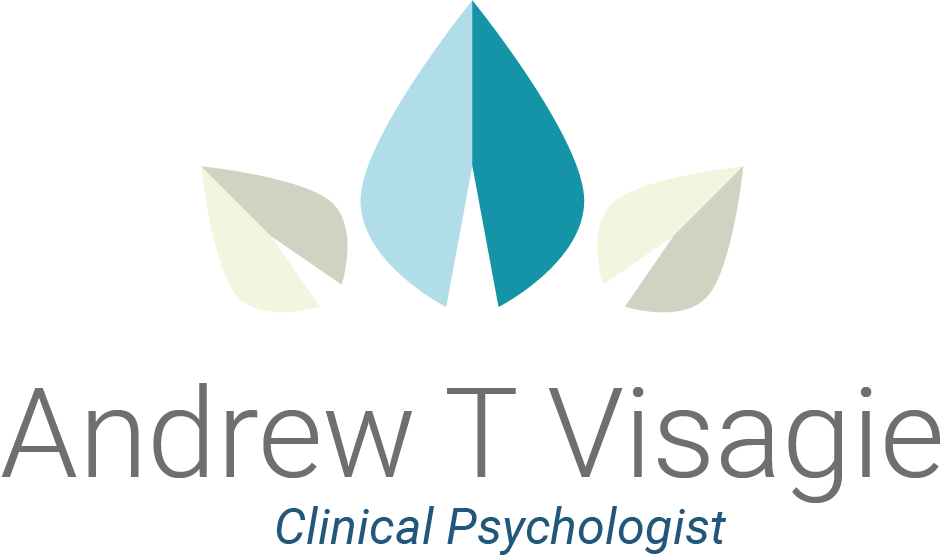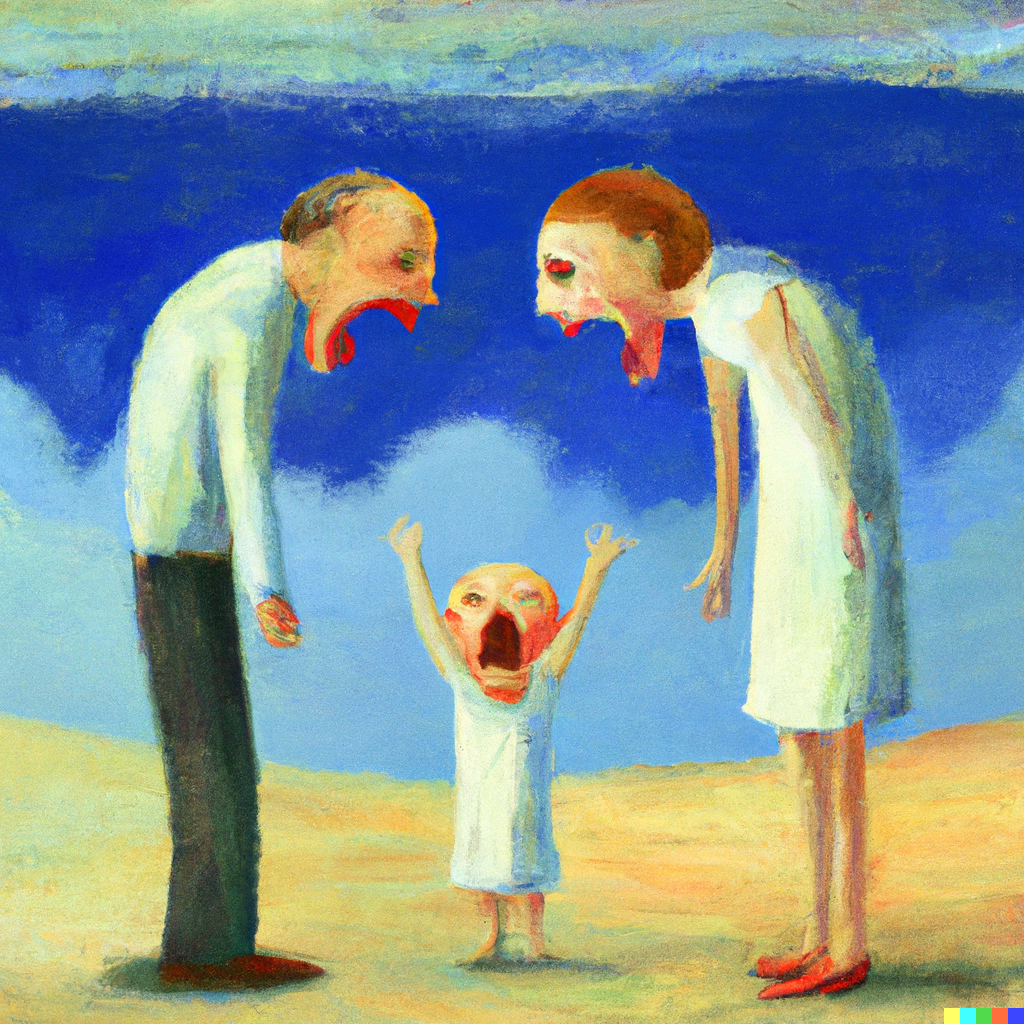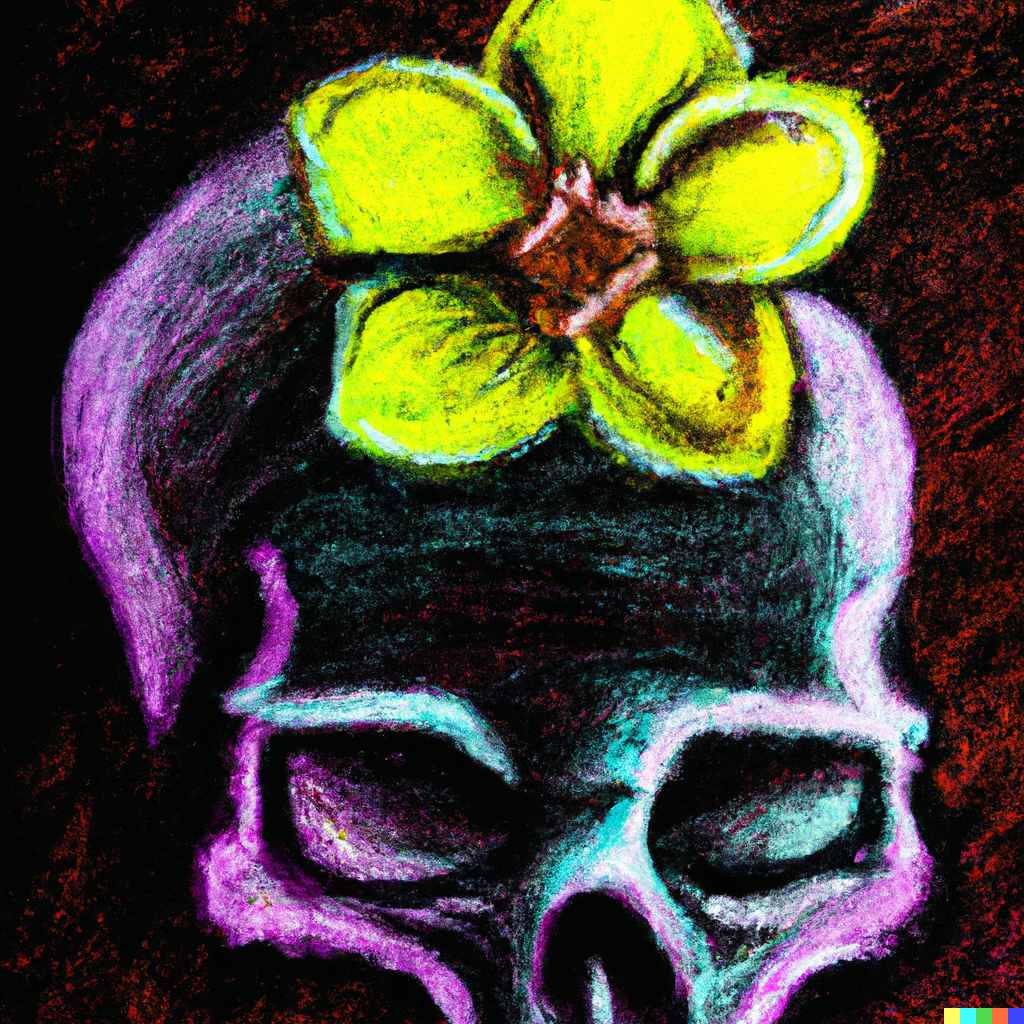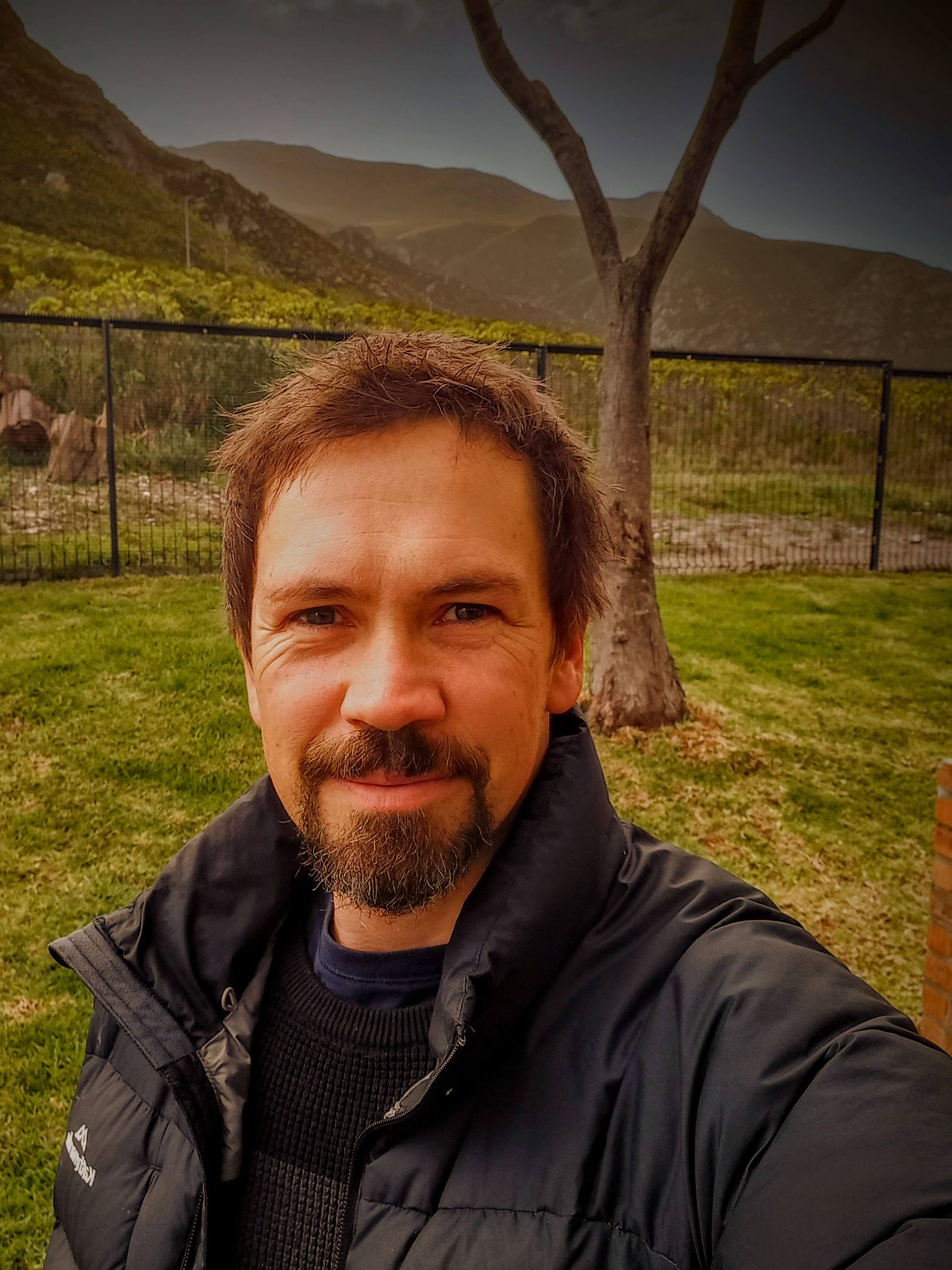How to Find and Live Your Ikigai: 10 Rules for Mental Health and Longevity
Ikigai is a Japanese concept that means “a reason for being”. It is the source of happiness and fulfillment that makes you feel alive and motivated. It is the intersection of what you love, what you are good at, what the world needs, and what you can be paid for.
Finding and living your ikigai can have many benefits for your mental health and longevity. Studies have shown that people who have a strong sense of purpose and meaning in life tend to live longer, healthier, and happier lives. They also have lower levels of stress, depression, and anxiety, and higher levels of resilience, optimism, and self-esteem.
But how can you find and live your ikigai? Here are 10 rules that can help you on your journey, along with the neurological and hormonal explanations of why they are important:
1. Find your ikigai
The first step is to discover your ikigai, your reason for being. To do this, you can ask yourself four questions:
- What do you love to do?
- What are you good at?
- What does the world need from you?
- What can you be paid for?
Try to find the common thread that connects these four aspects of your life. This is your ikigai, your passion and mission that gives you joy and satisfaction.
Finding your ikigai can activate the reward system in your brain, which involves the release of neurotransmitters such as dopamine, serotonin, and endorphins. These chemicals can enhance your mood, motivation, and pleasure.
2. Pursue your ikigai with balance and harmony
Once you have found your ikigai, the next step is to pursue it with passion and perseverance. However, this does not mean that you should overwork yourself or neglect other aspects of your life. You should also seek balance and harmony in your activities and relationships.
Remember that ikigai is not a goal, but a process. It is not something that you achieve once and for all, but something that you constantly work on and improve. It is also something that can change over time, as you grow and evolve as a person.
Pursuing your ikigai with balance and harmony can regulate the stress response in your body, which involves the secretion of hormones such as cortisol and adrenaline. These hormones can help you cope with challenges and threats, but too much of them can harm your health.
3. Cultivate a sense of gratitude and appreciation
Another rule for living your ikigai is to cultivate a sense of gratitude and appreciation for your ikigai and everything else in your life. Be mindful of the present moment and enjoy the small pleasures that make you happy.
Gratitude can help you appreciate what you have, rather than focusing on what you lack. It can also help you cope with challenges and difficulties, by reminding you of the positive aspects of your situation. Gratitude can also enhance your well-being, by boosting your mood, health, and relationships.
Cultivating a sense of gratitude and appreciation can modulate the immune system in your body, which involves the production of cytokines and antibodies. These molecules can help you fight off infections and diseases, but too little or too much of them can cause inflammation.
4. Connect with others who share your ikigai or support your journey
You are not alone in your quest for finding and living your ikigai. You can connect with others who share your ikigai or support your journey. These people can be your friends, family, colleagues, mentors, or role models.
One way to find such people is to join a moai, a close-knit group of friends who provide social and emotional support. Moais are common in Okinawa, Japan, where people live longer than anywhere else in the world. Moais can help you stay motivated, inspired, accountable, and happy.
Another way to find such people is to seek mentorship and guidance from those who have more experience or wisdom in your field. They can offer you valuable advice, feedback, and insights that can help you improve your skills and knowledge.
Connecting with others who share your ikigai or support your journey can stimulate the social system in your brain, which involves the release of neurotransmitters such as oxytocin and vasopressin. These chemicals can enhance your trust, bonding, and empathy.
5. Keep learning and growing in your ikigai
Learning and growing are essential parts of living your ikigai. You should always challenge yourself to improve your skills and knowledge, and seek feedback from others. You should also be open to new ideas and perspectives that can enrich your understanding.
Learning and growing can help you stay curious, creative, and innovative in your ikigai. They can also help you adapt to changing circumstances and overcome obstacles. Learning and growing can also increase your self-confidence, self-efficacy, and self-actualization.
Learning and growing in your ikigai can strengthen the cognitive system in your brain, which involves the formation of new neurons and synapses. These structures can enhance your memory, learning, and creativity.
6. Share your ikigai with the world
Your ikigai is not only for yourself, but also for the world. You should use your talents and passions to contribute to the common good and make a positive difference. You should also inspire others with your work and your story.
Sharing your ikigai with the world can help you create value and meaning for yourself and others. It can also help you connect with like-minded people who appreciate your work and support your vision. Sharing your ikigai with the world can also increase your sense of fulfillment, recognition, and impact.
Sharing your ikigai with the world can activate the altruistic system in your brain, which involves the release of neurotransmitters such as dopamine and serotonin. These chemicals can enhance your happiness, generosity, and meaning.
7. Embrace change and uncertainty as opportunities for growth and innovation
Change and uncertainty are inevitable parts of life. They can be scary or stressful, but they can also be opportunities for growth and innovation. You should embrace change and uncertainty as challenges that can help you learn and grow in your ikigai.
To embrace change and uncertainty, you should adopt a growth mindset, which is the belief that you can improve your abilities and outcomes through effort and feedback. You should also adopt a positive attitude, which is the tendency to focus on the bright side of things and expect the best possible outcomes.
Embracing change and uncertainty as opportunities for growth and innovation can stimulate the adaptive system in your brain, which involves the activation of neural networks that enable flexible thinking and behavior. These networks can enhance your resilience, curiosity, and innovation.
8. Respect and care for your body, mind, and spirit
Your body, mind, and spirit are the foundations of your ikigai. You should respect and care for them, by eating well, exercising regularly, sleeping enough, and avoiding unhealthy habits. You should also meditate, relax, and have fun. You should seek professional help if you need it.
Respecting and caring for your body, mind, and spirit can optimize the homeostatic system in your body, which involves the maintenance of a stable internal environment. This system can enhance your health, well-being, and quality of life.
9. Honor your ancestors and traditions, but also embrace diversity and modernity
Your ancestors and traditions are the roots of your ikigai. They are the sources of your values, beliefs, and customs that shape your identity and worldview. You should honor them, by learning from them, following them, or preserving them.
However, you should also embrace diversity and modernity, which are the branches of your ikigai. They are the sources of new experiences, ideas, and opportunities that enrich your life and broaden your horizons. You should embrace them, by exploring them, accepting them, or adapting to them.
Honor your ancestors and traditions, but also embrace diversity and modernity can help you balance continuity and change in your ikigai. They can also help you respect other cultures and beliefs, but also maintain your own identity.
10. Live each day as if it were your last, but also plan for the future
The final rule for living your ikigai is to live each day as if it were your last, but also plan for the future. This means that you should make the most of every moment, but also prepare for the next one.
Living each day as if it were your last can help you appreciate every opportunity, experience every emotion, and express every feeling. It can also help you avoid regrets, procrastination, and complacency. Living each day as if it were your last can also increase your happiness, satisfaction, and gratitude.
Planning for the future can help you set goals, make plans, and take actions that align with your ikigai. It can also help you anticipate challenges, overcome difficulties, and achieve success. Planning for the future can also increase your optimism, hopefulness, and resilience.
These are the 10 rules for finding and living your ikigai. By following these rules, you can discover your reason for being that makes you feel alive and fulfilled. You can also enjoy the benefits of having a strong sense of purpose and meaning in life that can boost your mental health and longevity.
From Healing to Happiness: A Clinical Psychologist’s Guide to Overcoming Depression and Anxiety











